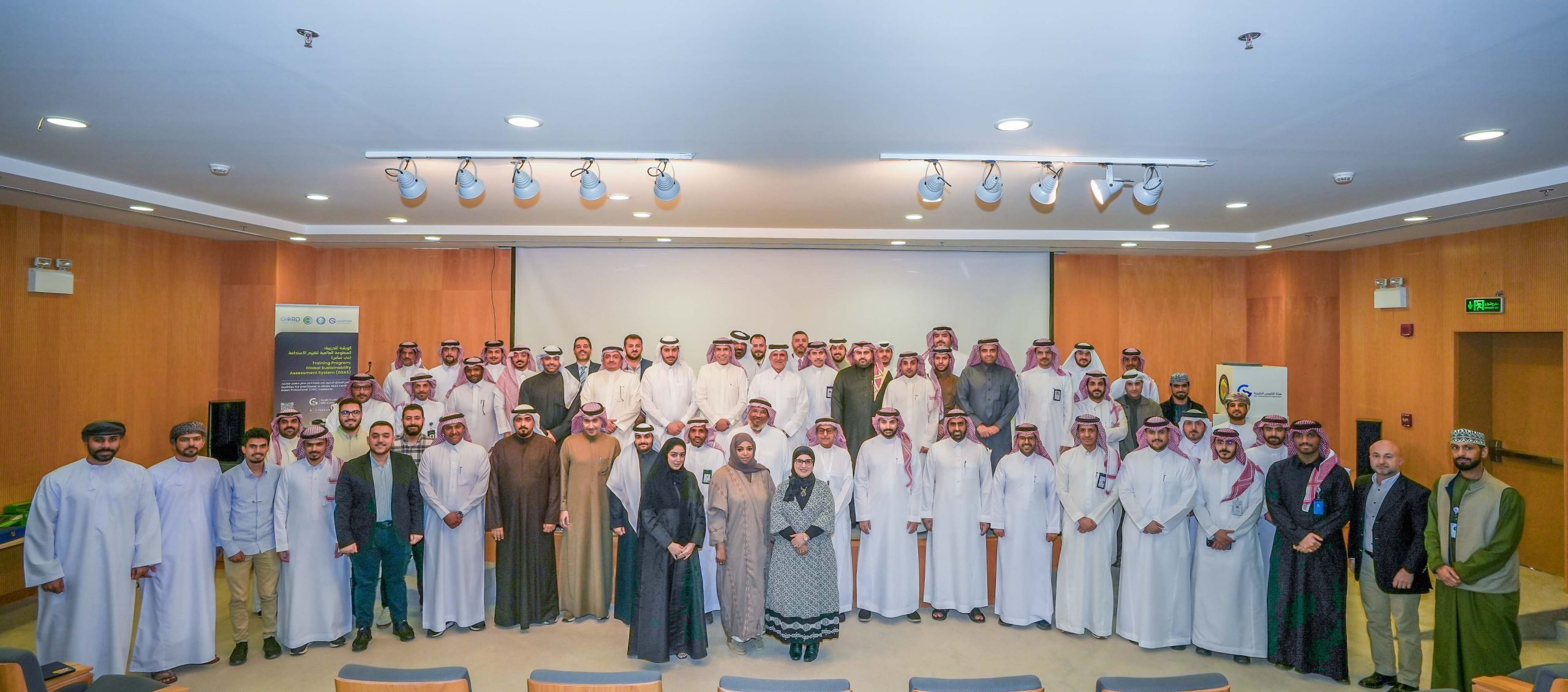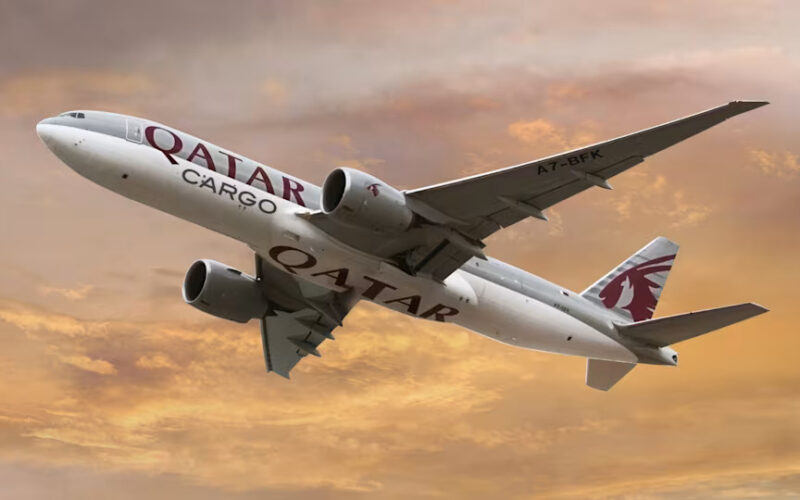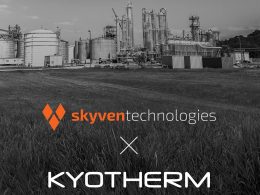Formula 1 has announced an expanded investment in Sustainable Aviation Fuel (SAF) through a new partnership with Qatar Airways. This initiative builds on its previous collaboration with global logistics Partner DHL, creating a broader framework that includes F1 teams and the FIA.
The combined investment in SAF across these two programmes is expected to cut over 8,000 tonnes of carbon dioxide equivalent (tCO2e) emissions in 2024, representing a 19% reduction compared to traditional aviation fuel. These savings will primarily impact the air freight operations for Formula 1’s flyaway events during the upcoming season.
This SAF investment aligns with Formula 1’s commitment to achieving Net Zero emissions by 2030. The strategy demands a minimum 50% reduction in emissions compared to the 2018 baseline and underscores the sport’s focus on ultra-efficient logistics.
The agreement also marks Formula 1 as the inaugural member of Qatar Airways’ SAF programme, a milestone in the airline’s sustainability journey. Qatar Airways purchased additional SAF for its fleet in 2024, cutting 19,000 tCO2e in emissions.
SAF is just one part of Formula 1’s broader shift towards alternative fuels. From 2026, F1 cars will run on 100% advanced sustainable fuel, with F2 and F3 reaching that target in the 2024 season. Additionally, FIA Safety and Medical Cars currently use 40% advanced sustainable fuel, while European Grands Prix has relied on biofuel-powered trucks since 2023.
Starting next season, operational areas such as the pit lane and paddock at European Grands Prix will switch to lower-carbon energy solutions provided by Aggreko, reducing emissions in these zones by over 90%. Globally, F1 events are adopting alternative energy solutions like biofuels, green tariffs, and on-site renewables to lower their carbon footprint.
To optimise its logistics, Formula 1 is revising its championship calendar to improve race flow. For instance, starting in 2026, the Canadian Grand Prix will move to May, while Monaco shifts to June. This adjustment reduces travel distances and enhances efficiency.
Further, the sport is leveraging regional hubs in Europe, the UAE, and the US to minimise freight travel. It has also introduced redesigned cargo containers that fit more efficiently on Boeing 777 aircraft, achieving a 17% reduction in emissions.
Ellen Jones, Head of ESG at Formula 1 said, “Today’s investment is the next step in our alternative fuels strategy which is central to delivering our Net Zero 2030 target. Through collaboration with our teams, the FIA and our partners, we are delivering on our promises to drive down the sports’ carbon emissions and drive forward technologies that can have an impact beyond Formula 1. This is the latest example of how stakeholders across the sport are aligned with our vision for a more sustainable F1, which we are thrilled to see.”
















